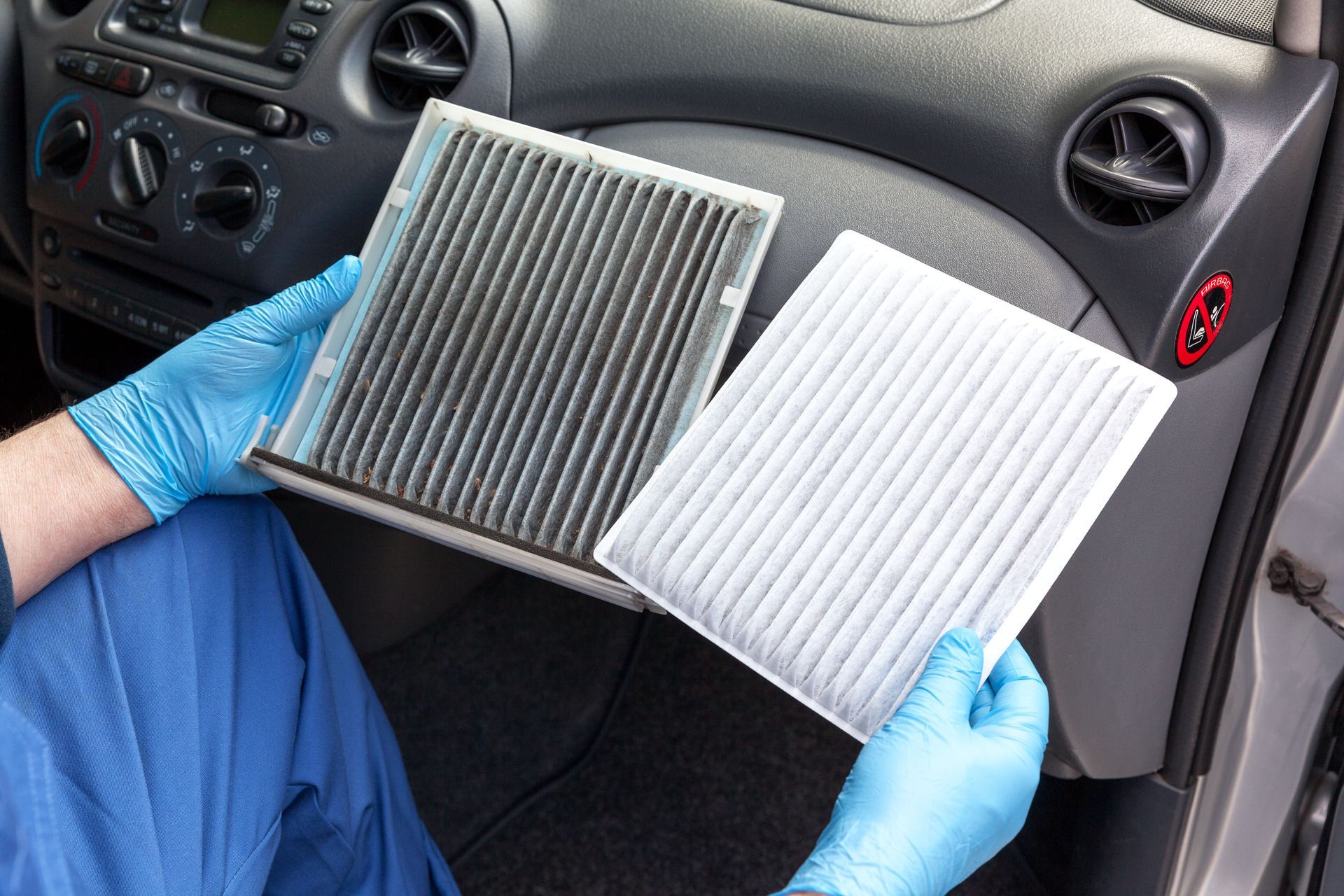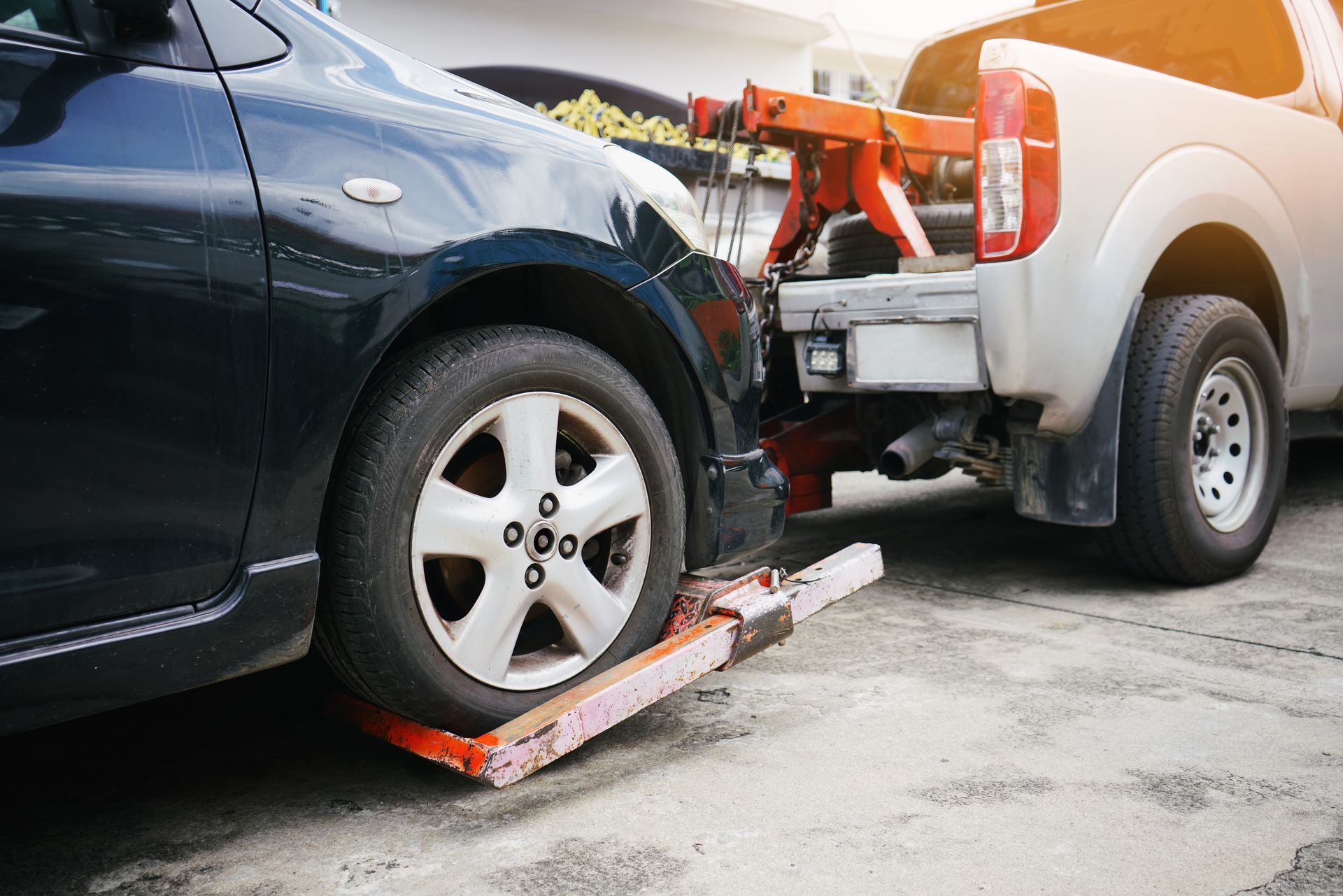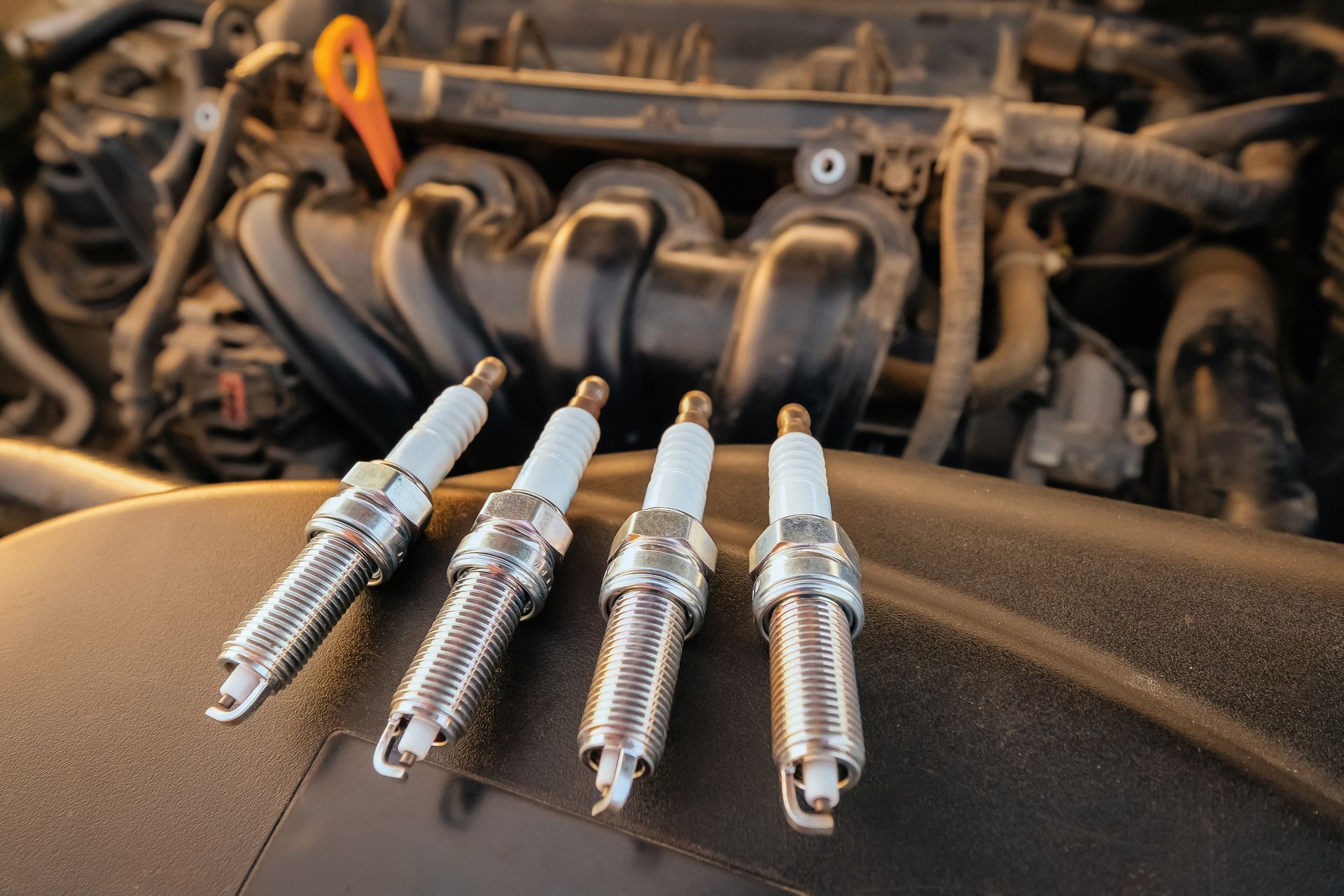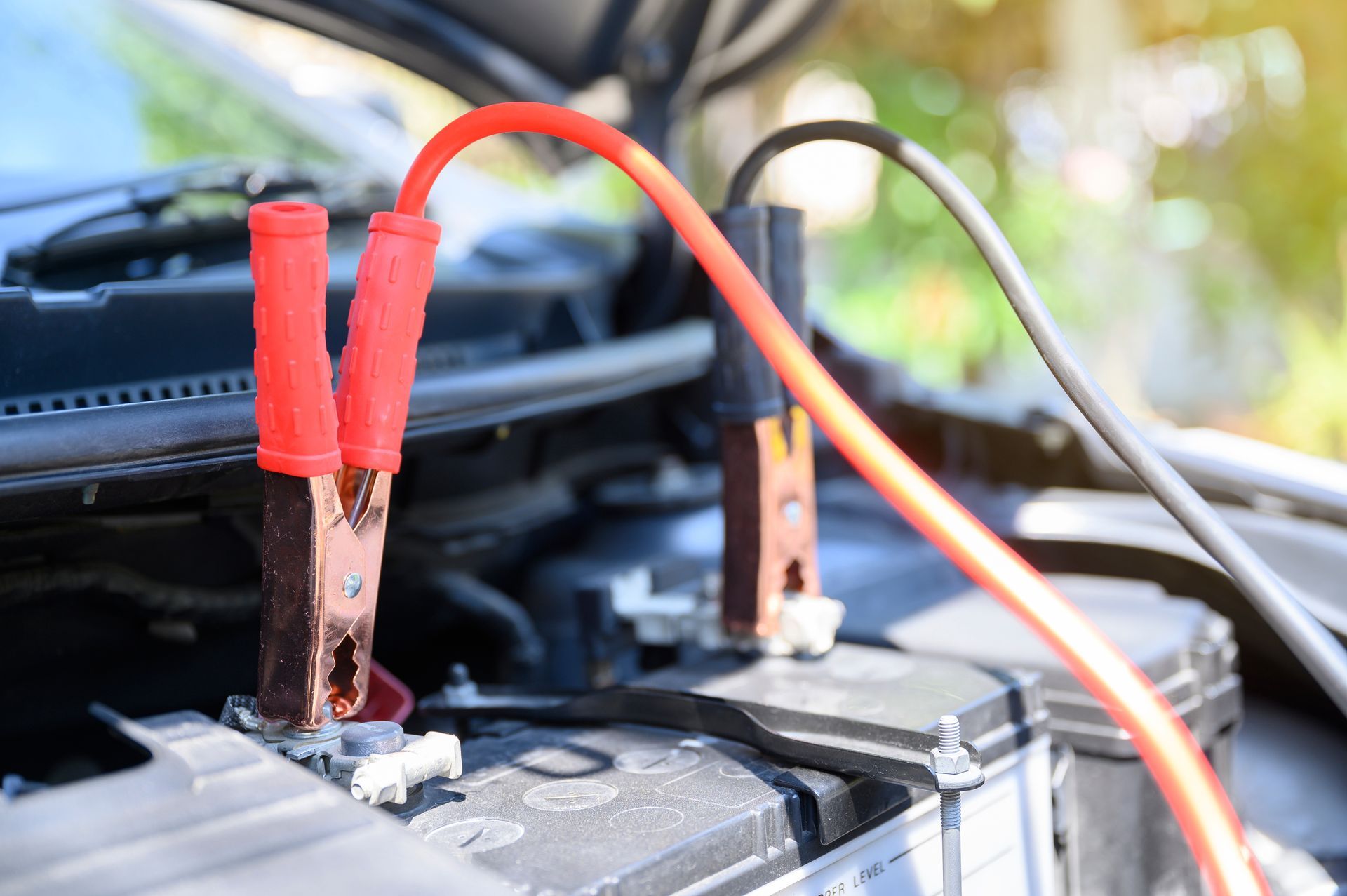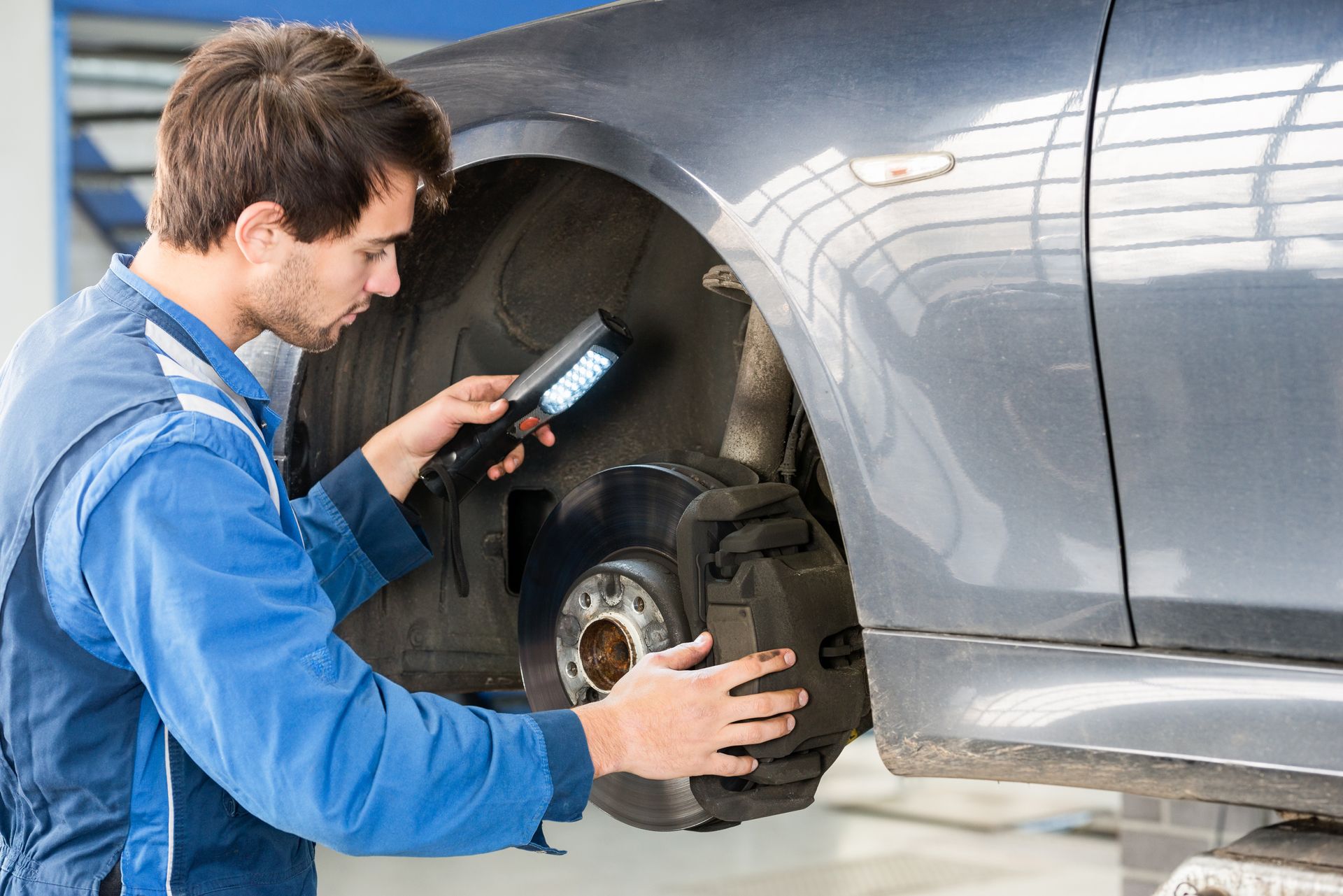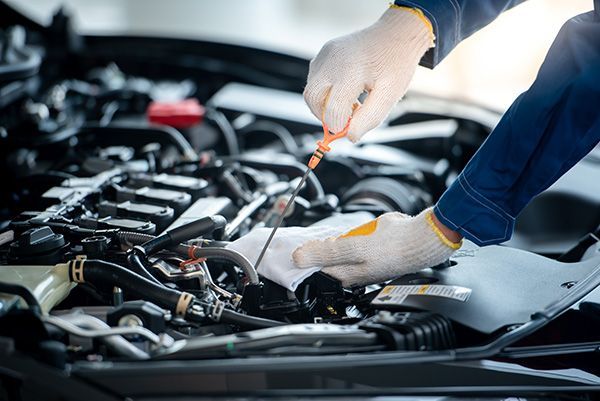Loading ...
Missing business hours data / Error occurred while getting the data.
Loading ...
Missing business hours data / Error occurred while getting the data.
The 6 Most Likely Causes of a Check Engine Light Warning
March 28, 2025
That dreaded check engine light always seems to show up at the worst possible time, leaving you guessing about what’s wrong with your car. Should you keep driving or get it checked out immediately? While some issues are minor, others could mean trouble for your engine if ignored. Knowing the most common reasons behind the check engine light can help you determine whether it’s a quick fix or something that needs professional attention right away.
1. A Loose or Damaged Gas Cap
It may surprise you, but one of the simplest and most common reasons for a check engine light is a loose or damaged gas cap. Your car’s fuel system is designed to be airtight, and if the gas cap isn’t properly sealed, it can cause a small leak, triggering the check engine warning.
What to do
Before panicking, check your gas cap. Tighten it until you hear a click, and if the light doesn’t turn off after a few drives, consider replacing the cap. A cracked or worn-out cap may need to be replaced to prevent fuel evaporation and maintain system pressure.
2. Failing Oxygen Sensor
The oxygen sensor monitors the level of unburned oxygen in your exhaust and helps regulate your car’s fuel mixture. When it fails, your engine may burn fuel inefficiently, leading to reduced gas mileage and increased emissions. Ignoring a faulty oxygen sensor can eventually damage your catalytic converter, leading to much more expensive repairs.
What to do
If your check engine light is on and you’ve noticed a drop in fuel efficiency, it’s best to have a technician scan your car’s computer for trouble codes. Replacing an oxygen sensor is a relatively simple and cost-effective repair.
3. Malfunctioning Mass Airflow Sensor (MAF)
Your car’s mass airflow sensor measures how much air enters the engine to ensure the correct fuel-to-air ratio. If the MAF sensor fails, your engine may run too lean or too rich, leading to rough idling, stalling, or poor acceleration.
What to do
Replacing a faulty MAF sensor can restore proper performance, but in some cases, cleaning it with specialized cleaner may resolve the issue. Driving too long with a failing MAF sensor can damage other engine components, so it’s best to address this problem as soon as possible.
4. Faulty Spark Plugs or Ignition Coils
Spark plugs ignite the fuel-air mixture in your engine’s cylinders, and ignition coils supply them with the voltage they need to function. Worn-out or damaged spark plugs can cause misfires, rough idling, reduced fuel economy, and sluggish acceleration—all of which can trigger the check engine light.
What to do
If your car is running rough or hesitating under acceleration, it may be time to replace the spark plugs or ignition coils. Replacing them at the manufacturer’s recommended intervals can prevent more serious engine issues.
5. Bad Catalytic Converter
The catalytic converter reduces harmful emissions by converting carbon monoxide and other pollutants into less harmful gases. A failing catalytic converter can lead to decreased fuel efficiency, sluggish performance, and higher emissions. If ignored, it can cause overheating and damage to other engine components.
What to do
If your check engine light is on and you notice reduced performance or a sulfur-like smell from the exhaust, have your catalytic converter checked. Keeping up with routine maintenance, like replacing oxygen sensors and spark plugs, can help prevent premature failure of this expensive component.
6. Problems with the EVAP System
The evaporative emissions control system (EVAP) prevents gasoline vapors from escaping into the atmosphere. A leak or malfunction in this system can trigger the check engine light, even if the car seems to be running fine. Common causes include cracked hoses, a loose gas cap, or a failing purge valve.
What to do
A professional diagnostic scan can identify whether there’s a small leak in the EVAP system. While this may not affect your car’s drivability immediately, ignoring it could lead to increased emissions and potential fuel system problems.
What Should You Do When Your Check Engine Light Is Flashing
If your check engine light is flashing, this indicates a serious problem that requires immediate attention. In this case, pull over safely and avoid driving further until you have the issue inspected. A flashing check engine light often signals an engine misfire, which can cause damage if ignored.
If the light is steady, it usually means there’s an issue that needs to be checked soon, but it’s not an immediate emergency. You should schedule an inspection as soon as possible to prevent the problem from worsening.
Get Expert Check Engine Light Diagnostics at 808 Automotive
A check engine light doesn’t always mean major repairs, but ignoring it can lead to more serious problems. Whether it’s a minor issue like a loose gas cap or a more serious problem affecting engine performance, diagnosing the cause early will save you time and money.
Wondering why your check engine light is on? Let the professionals at
808 Automotive find the problem and provide the right fix—call or stop by today!
Loading ...
Missing business hours data / Error occurred while getting the data.
Loading ...
Missing nap lines data / Error occured while getting the data.

